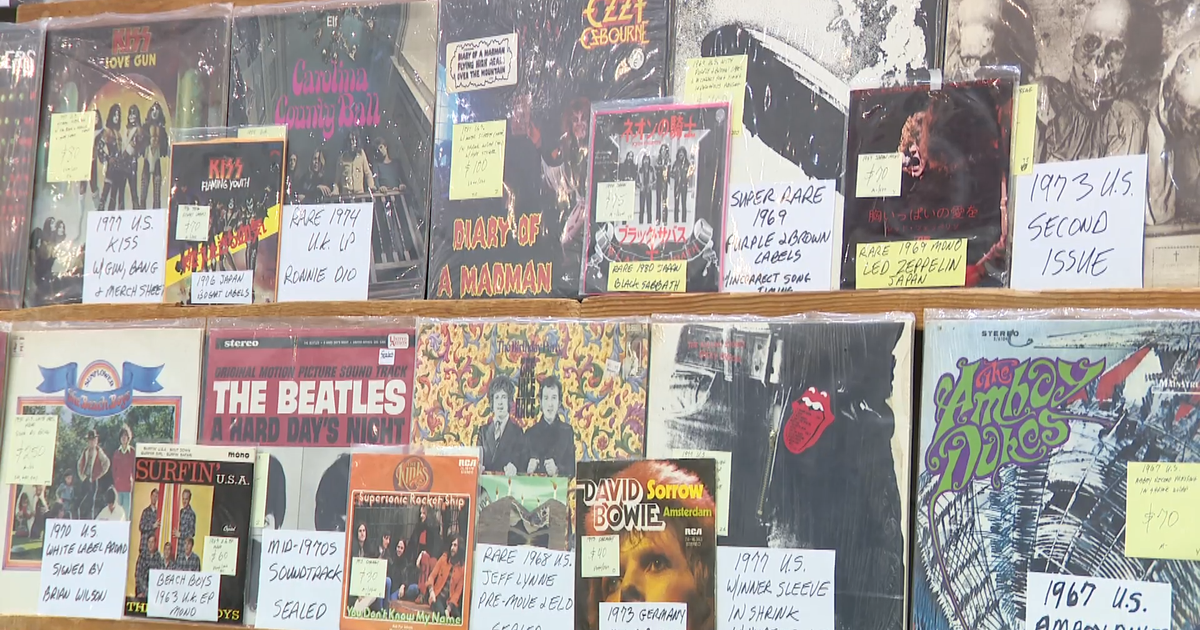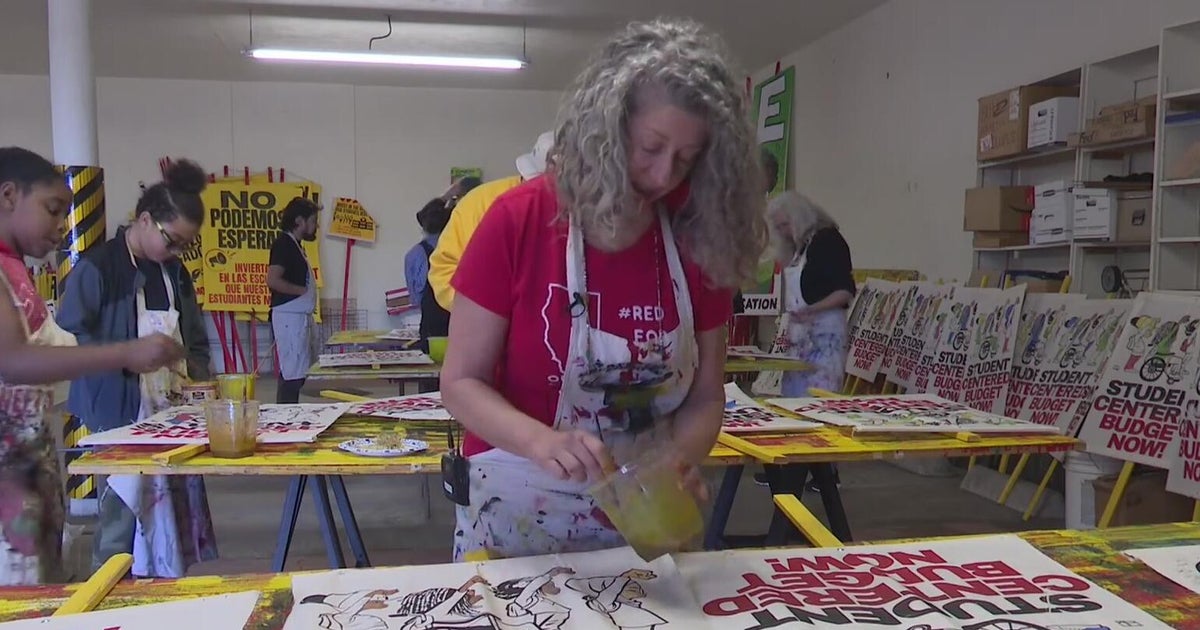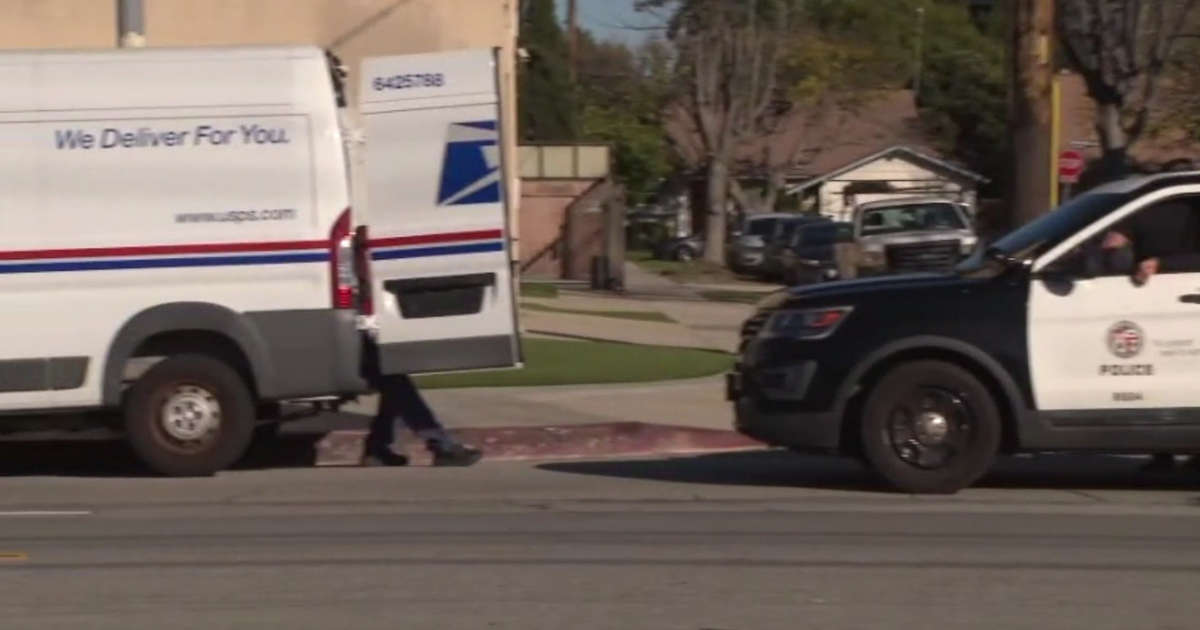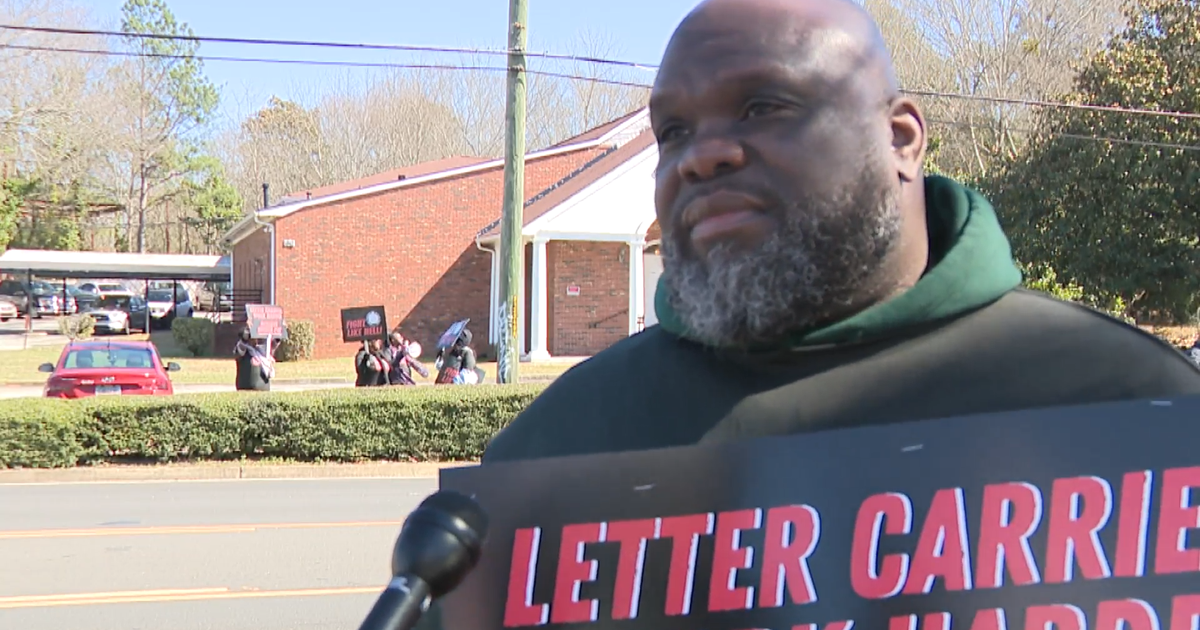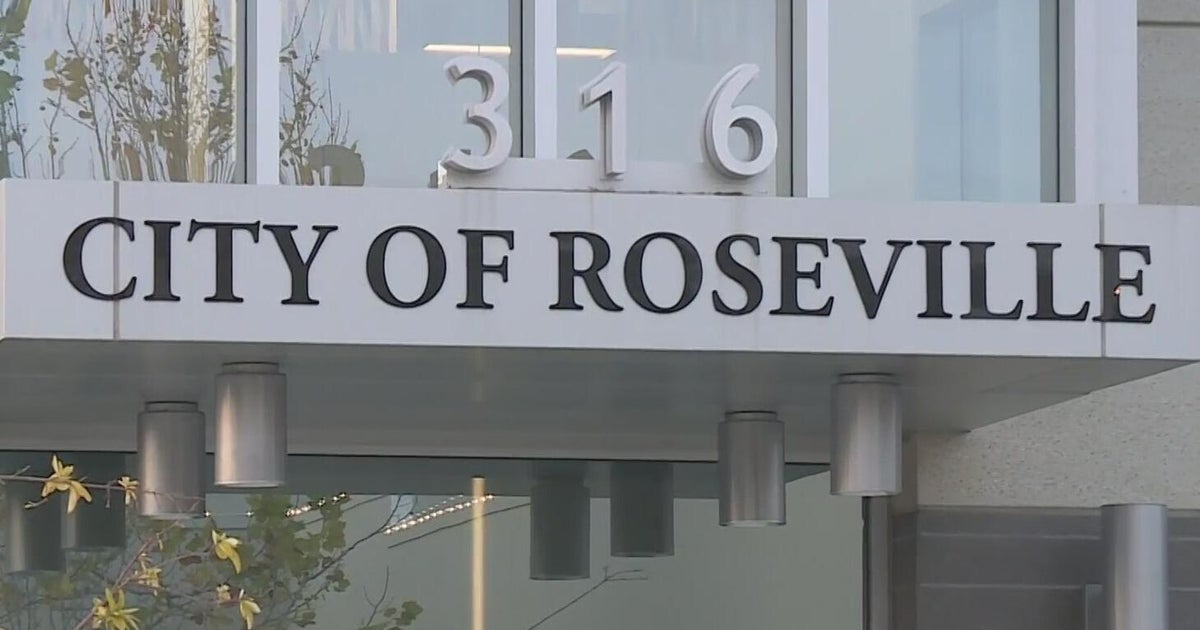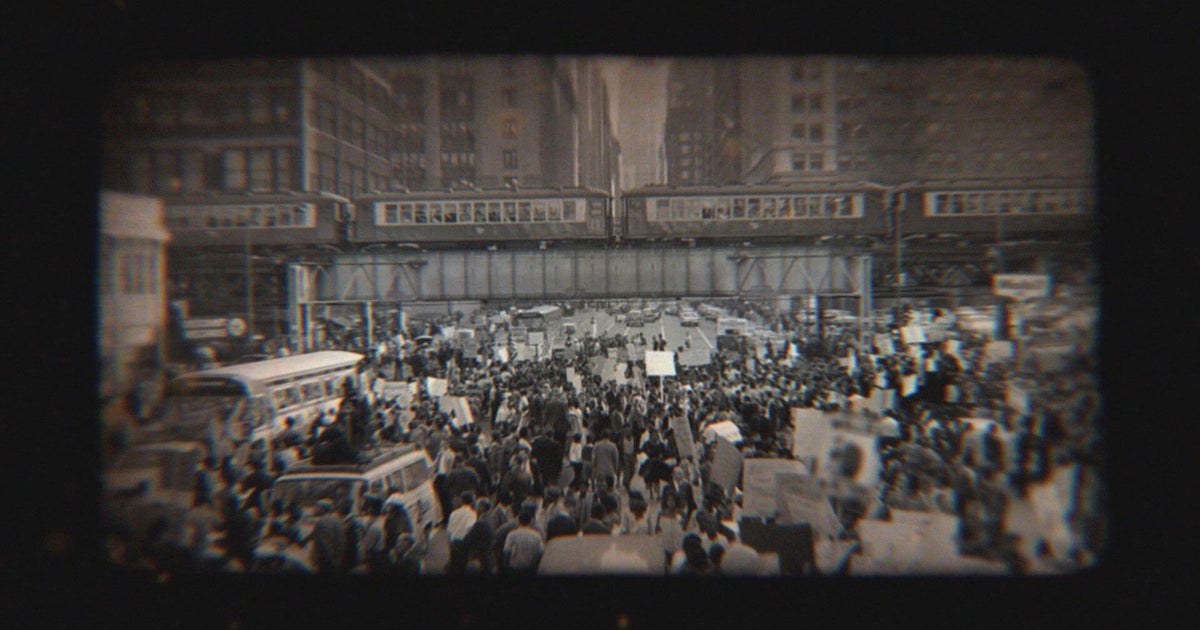Fast Food Workers Try To Super-Size Their Wages
ROSEVILLE, Minn. (WCCO) -- Heading into the Labor Day weekend, a growing labor movement is gaining traction across the United States.
It's a union-backed effort known as "Fight for 15" and it involves fast food employees who believe they should make $15 an hour.
Workers in more than 50 cities picketed outside restaurants Thursday. There were no organized protests in the Twin Cities, but some other low-wage earners did turn out to show their support.
Centro de Trabajadores Unidos en la Lucha (CTUL) organized a rally across from the Roseville Super Target among store cleaners who say their own wages are too low.
"The average wage of a cleaning worker is $8.50 an hour which is not enough to raise a family and without benefits," said CTUL organizer Veronica Mendez. "These are the kind of jobs that are available nowadays so all of us are fighting together to be able to change the standards in this new economy."
The fast food protests started last November with a single rally in New York and they have since spread across the country.
Restaurant industry leaders say a significant wage increase would force franchise owners to either raise prices or reduce the number of workers.
"A doubling of the minimum wage would significantly impact the ability of the industry to create jobs," said Scott DeFife, spokesperson for the National Restaurant Association. "According to the Bureau of Labor & Statistics data, restaurant industry workers that are earning the starting wage are not typically the primary breadwinner in their family. And they're usually supplementing an income that has an average household income of over $62,000 a year."
The Employment Policies Institute, a Washington-based think tank, bought an ad in the Wall Street Journal claiming more restaurants would have to automate some tasks currently done by humans.
Many diners we spoke with at Rosedale Center said they sympathize with workers, but they also have their own budgets.
"I usually like to get more food for the dollar since it's fast food or whatnot," said Jeff Ruschen of Fridley.
"I would eat fast food less," said Dana Schultz of St. Francis. "It was pretty expensive today."
Joseph Brown Thunder, of Falcon Heights, said workers do deserve a wage increase.
"Will it affect me going out with my family?" he asked, "Of course it will. But at the same time, who's going to be doing those kind of jobs and if you don't give them a livable wage, how are they going to feed their family?"
This movement among service workers is unusual in that it's not targeting a single employer, but rather an entire industry.
